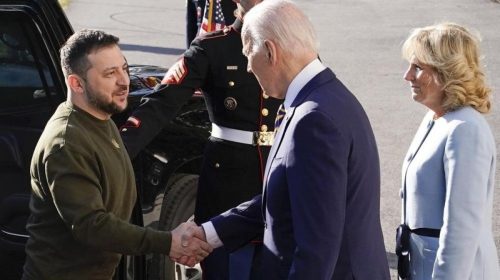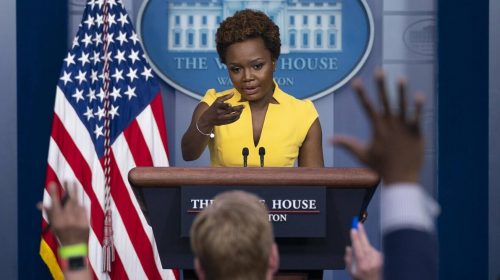A federal judge on Friday orderedHillary Clinton to provide written testimony under oath about why she set up a private computer server to send and receive emails while secretary of state, ensuring that the issue will continue to dog her presidential campaign until the eve of the election.

In a brief ruling issued on Friday afternoon, the judge, Emmet G. Sullivan of Federal District Court in Washington, approved a motion by the conservative advocacy organization Judicial Watch to pursue its vigorous campaign to expose Mrs. Clinton’s use of the private server. In addition to requiring her testimony in writing, the judge allowed the group to depose a senior State Department aide who had warned two subordinates not to question her email practices.
Only six weeks ago, the director of the F.B.I., James B. Comey Jr., declined to recommend prosecuting Mrs. Clinton, saying that while her actions had been careless, they did not amount to a crime. Yet the controversy refuses to dissipate. This week, the bureau turned over to Congress the documents it compiled in the case, including a three-and-a-half hour interview with Mrs. Clinton, even as Republicans in Congress pressed their public case for her to be charged with perjury.
Judge Sullivan’s ruling opened another front in a fight Mrs. Clinton’s campaign certainly hoped to put behind her. Although he declined to order her to answer questions in person, his ruling underscored the legal complications that Mrs. Clinton faces even as she enters the homestretch of her campaign.

A spokesman for Mrs. Clinton’s campaign, Brian Fallon, sharply criticized Judicial Watch’s legal campaign, saying it was “a right-wing organization that has been attacking the Clintons since the 1990s.”
“This is just another lawsuit intended to try to hurt Hillary Clinton’s campaign,” he said.
Judge Sullivan gave Judicial Watch until Oct. 14 to submit questions to Mrs. Clinton — three and a half weeks before Election Day on Nov. 8. Significantly, perhaps, he ordered Mrs. Clinton to submit her answers within 30 days of that deadline, meaning she could delay her answers until after the election. The deposition of the senior aide, however, will take place by Oct. 31.
The aide, John Bentel, a career foreign service officer who has since retired, was one of the officials in the State Department who seemed to be aware of Mrs. Clinton’s use of the server. At the time, he headed the part of her executive staff in charge of information management, including the preservation of emails and other records.
According to the department’s inspector general, he rebuffed concernsraised in 2010 by two officials in the record-keeping division about whether her emails were being preserved for the record, instructing them “never to speak of the secretary’s personal email system again.”
Mr. Bentel has declined several requests through his lawyer to comment, but he will now be compelled to testify in person and under oath.
Judicial Watch, which dogged Bill Clinton during his presidency, has brought several lawsuits seeking records from the State Department under the Freedom of Information of Act about various aspects of Mrs. Clinton’s tenure, including the employment status of her close aide Huma Abedin.
Judge Sullivan, who has at times appeared sympathetic to the group’s demands for information, has compelled testimony from a number of department officials, including Ms. Abedin and Mrs. Clinton’s former chief of staff, Cheryl D. Mills.
The group’s president, Tom Fitton, expressed pleasure at the latest successful challenge, although the order fell short of the personal interview he may have wanted.
“The decision is a reminder that Hillary Clinton is not above the law,” he said in a statement.




